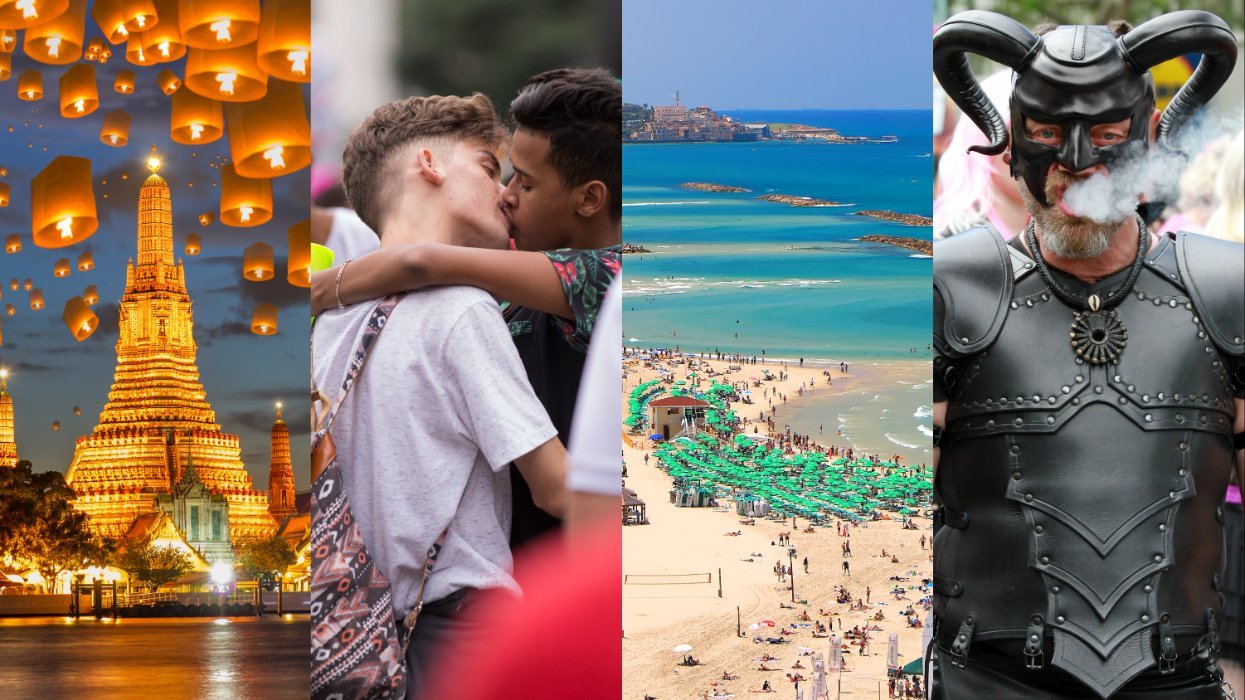All Rights reserved
By continuing to use our site, you agree to our Private Policy and Terms of Use.
The mountainous home to eight of the world’s tallest peaks bans solo explorers for safety and economic reasons.
By Swati Gupta and Lilit Marcus, CNN
(CNN) – Five years after banning solo adventurers from climbing Mount Everest, Nepal’s government has extended the restriction to the whole country.
Nepal is home to eight of the world’s tallest mountains, but it is also known for its beautiful rural trekking regions. From now on, travelers who hope to trek in remote regions must hire a government-licensed guide or join a group.
While the trekking industry is one of the country’s biggest moneymakers, the cost of search and rescue missions for solo hikers who get lost is significant.
“When you are traveling solo, in case of emergencies there is no one to help you,” Mani R. Lamichhane, Director of the Nepal Tourism Board, tells CNN. “It is fine if they are traveling in the cities, but in the remote mountains, the infrastructure is not adequate.”
Lamicchane adds: “When tourists go missing or they are found dead, even the government cannot track them because they have taken remote routes.”
In addition to the challenges caused when hikers go missing in rural areas, Lamichhane says that unlicensed tour guides and companies are also an issue. These companies who do not register with the government do not pay taxes and, the tourism director alleges, take jobs away from Nepalis.
“There have been some cases where the trekking association has been requesting us to stop these unauthorized trekking operations. This has been a demand from tourism associations for a long time,” he says.
Those in the climbing and trekking community have mixed opinions on the new ruling.
Ian Taylor, owner of a well-regarded guiding company with a long history in Nepal, says that the move makes sense as more and more people attempt difficult climbs in Nepal.
“Things have drastically changed in the region over the years,” he tells CNN.
“You used to see only experienced hikers and climbers in the region, many of them traveling without guides, and they were completely self-sufficient.”
“However, now, there are far greater numbers of people traveling in the region and more of them are tourists, not trekkers. They are not self-sufficient in the outdoors and therefore need the assistance of experienced guides.”
Taylor adds that the Nepali government doesn't have the capacity to vet every single visa applicant separately, hence the decision to enact a blanket ban.
“As a person who loves the mountains and visiting the mountain regions of the world, it is extremely disappointing that it has come to this,” Taylor continues.
“Never do we want to see people’s access to the mountains restricted. However, the situation in Nepal is very unique, and changes do need to be made.”
The-CNN-Wire
™ & © 2023 Cable News Network, Inc., a Warner Bros. Discovery Company. All rights reserved.





















































































